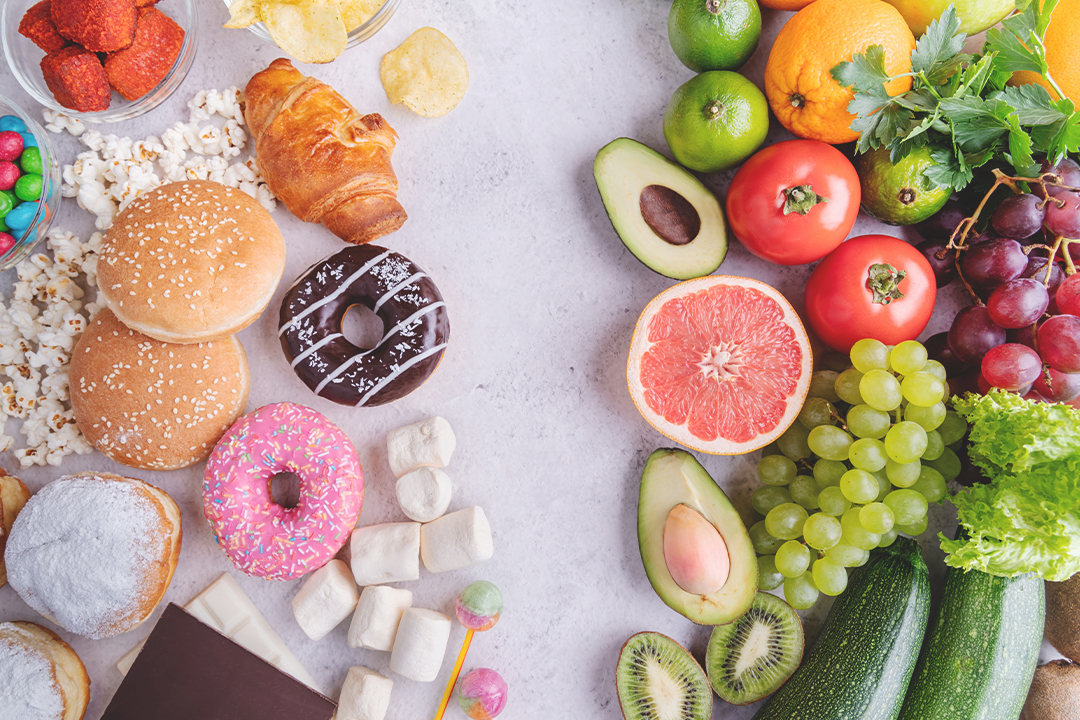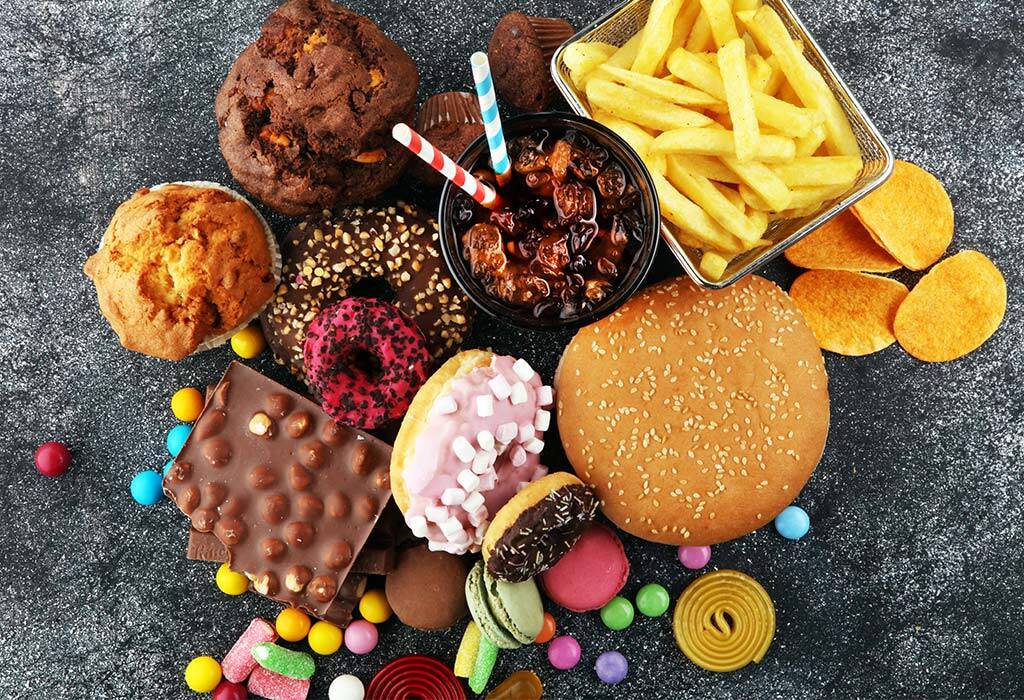Ultra-Processed Foods - How It Can Lead To Colorectal Cancer
In the past few years, there has been a lot of talk about whether or not eating highly processed foods raises the risk of getting cancer. According to a study conducted by researchers at Tufts University and Harvard University in Massachusetts, consumers of ultra-processed foods had a 29% increased chance of acquiring colorectal cancer.
Author:Daniel BarrettJan 10, 202333 Shares531 Views

In the past few years, there has been a lot of talk about whether or not eating highly processed foods raises the risk of getting cancer.
According to a study conducted by researchers at Tufts University and Harvard University in Massachusetts, consumers of ultra-processed foodshad a 29% increased chance of acquiring colorectal cancer.
The American Cancer Society ranks colorectal cancer as the third most common form of the disease in the country.
Even though there is evidence that eating ultra-processed foods increases the risk of heart disease, inflammatory bowel disease, and obesity, not much has been said about the link between eating these foods and getting colorectal cancer.
The most recent results were based on surveys of food intake that almost 46,000 men and almost 160,000 women who worked in healthcare in the U.S. filled out every four years.
What Are Processed Foods?
Ultra-processed foods are the most unhealthy. The list included carbonated beverages, sausages, biscuits, candies, instant soups and noodles, sweet and savory packaged snacks, and sugary milk and fruit-based drinks.
These foods are heavy in added sugar, fat, and/or salt and lack vitamins and fiber, according to researchers. Researchers have hypotheses about how ultra-processed meals enhance colorectal cancer risk.
According to Lu Wang, Ph.D., a postdoctoral fellow at the Friedman School of Nutrition Science and Policy at Tufts University and lead author of the study:
“„Ultra-processed foods are usually high in added sugar, oils/fats, and refined starch, altering gut microbiota composition unfavorably and contributing to increased risk of weight gain and obesity Weight gain and obesity are established risk factors for colorectal cancer.- Lu Wang, Ph.D.

Mayo Clinic Minute: What are ultraprocessed foods?
A Study That Links Ultra-Processed Foods To Colorectal Cancer
In a study published Aug. 31 in The BMJ, researchers discovered that men who ate a lot of ultra-processed foods had a 29% higher risk of colorectal cancer than those who ate less.
According to Lu Wang:
“„We started out thinking that colorectal cancer could be the cancer most impacted by diet compared to other cancer types. Processed meats, most of which fall into the category of ultra-processed foods, are a strong risk factor for colorectal cancer. Ultra-processed foods are also high in added sugars and low in fiber, which contribute to weight gain and obesity, and obesity is an established risk factor for colorectal cancer.- Lu Wang
The study evaluated responses from over 200,000 people - 159,907 women and 46,341 men - across three large prospective studies that assessed dietary intake over 25 years. Every four years, participants filled out a food frequency questionnaire regarding 130 foods.
The BMJ study divided individuals' ultra-processed food intake into quintiles, from lowest to greatest. The study found a clear correlation for men, especially in distal colon colorectal cancer cases, but not for women who ate more ultra-processed foods.
The Effect Of Ultra-Processed Food
Men and women consume ultra-processed meals differently, increasing their cancer risk. Out of 206,000 people monitored for more than 25 years, 1,294 men and 1,922 women developed colorectal cancer.
The strongest link between colorectal cancer and ultra-processed foods in men is meat, poultry, or fish-based ready-to-eat goods. Sausage, bacon, ham, and fish cakes are processed meats. Higher use of sugar-sweetened beverages such as soda, fruit-based beverages, and sugary milk-based beverages increases men's colorectal cancer risk, but not all ultra-processed foods cause colorectal cancer.
According to co-senior author Fang Fang Zhang, a cancer epidemiologist and interim chair of the Division of Nutrition Epidemiology and Data Science at the Friedman School,
“„We found an inverse association between ultra-processed dairy foods like yogurt and colorectal cancer risk among women.- Fang Fang Zhang
Healthy Food Programs
In order to encourage consumers to replace ultra-processed food with healthier fresh produce, Wang stated she would support national legislation that would require more nutritious, inexpensive food.
“We’ve seen programs like ‘produce prescription’ taking place to make healthy foods available and affordable for vulnerable groups,” she said.
Similarly to the obligatory calorie labeling that has been happening on menus, she said that mandated front-of-package nutrition labeling may encourage the food business and food sellers to give better options.
People Also Ask
What Is Considered An Ultra-Processed Food?
These foods are heavily processed (extrusion, molding, grinding, etc.), modified (several added ingredients), and/or processed again. Soda, chips, chocolate, candy, ice cream, sweetened breakfast cereals, packaged soups, chicken nuggets, hotdogs, fries, and a lot more fall into this category.
Is Greek Yogurt An Ultra-Processed Food?
Ultra-processed yoghurts are those that has added sugar, artificial flavors, and/or stabilizers.
Is Sourdough Bread Ultra-Processed?
It's one of the few breads that doesn't go through a lot of processing. Because it is such an ancient leavened bread type and hasn't been much altered by modernization, it is also one of the least processed breads we can eat.
Conclusion
An editorial on the study titled "The Trouble with Ultra-processed Foods" was written by Carlos A. Monteiro, a professor in the Department of Nutrition at the School of Public Healthat the University of Sao Paulo in Brazil, and Geoffrey Cannon, a senior research fellow at the Center for Epidemiological Studies in Health and Nutrition at the same institution.
According to Monteiro, another major problem is the unchecked promotion of highly processed foods and the substantial subsidies given to the firms that profit from this practice.
He said:
“„Everybody needs food, but nobody needs ultra-processed foods.- Carlos A. Monteiro

Daniel Barrett
Author
Latest Articles
Popular Articles
